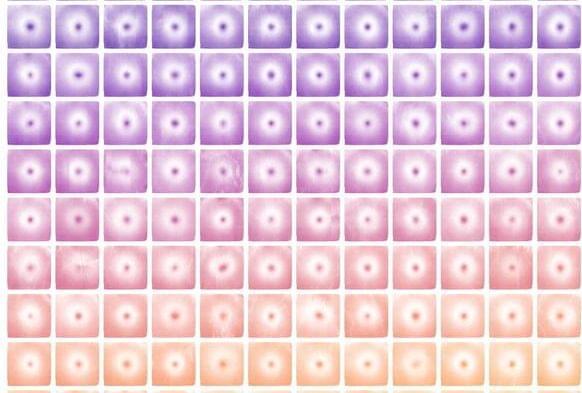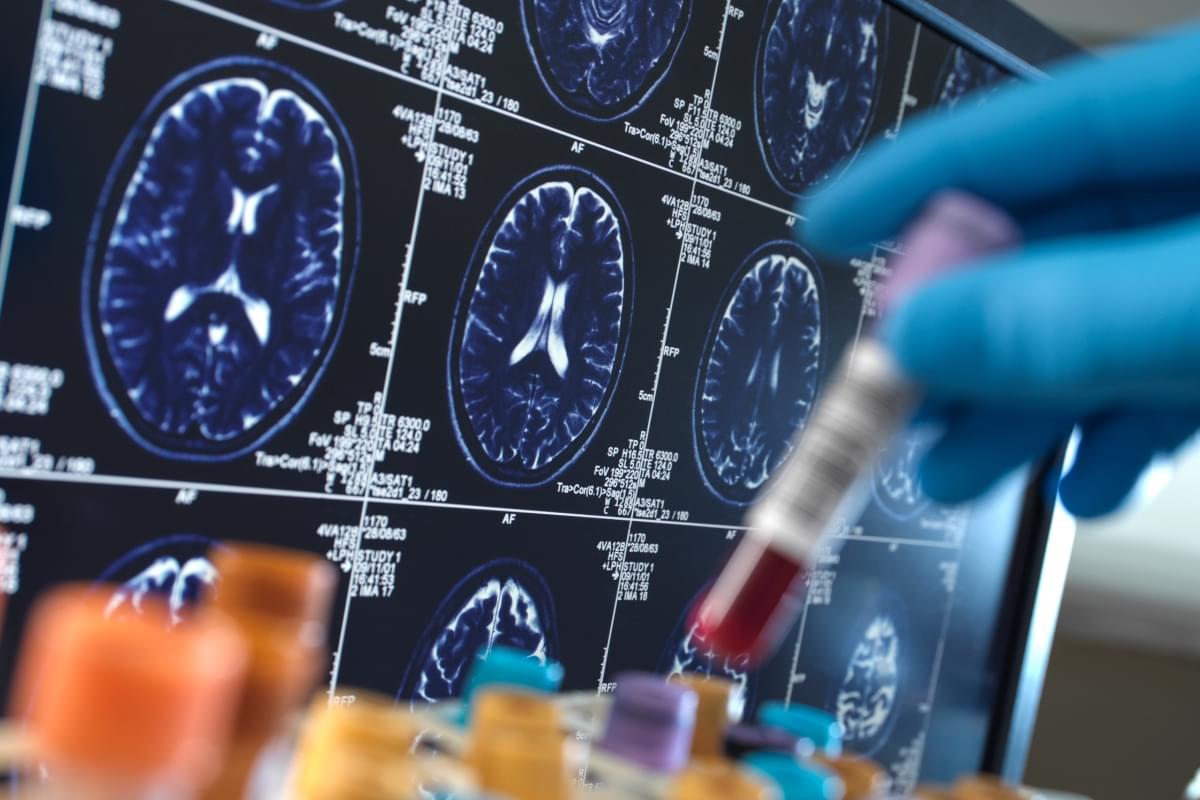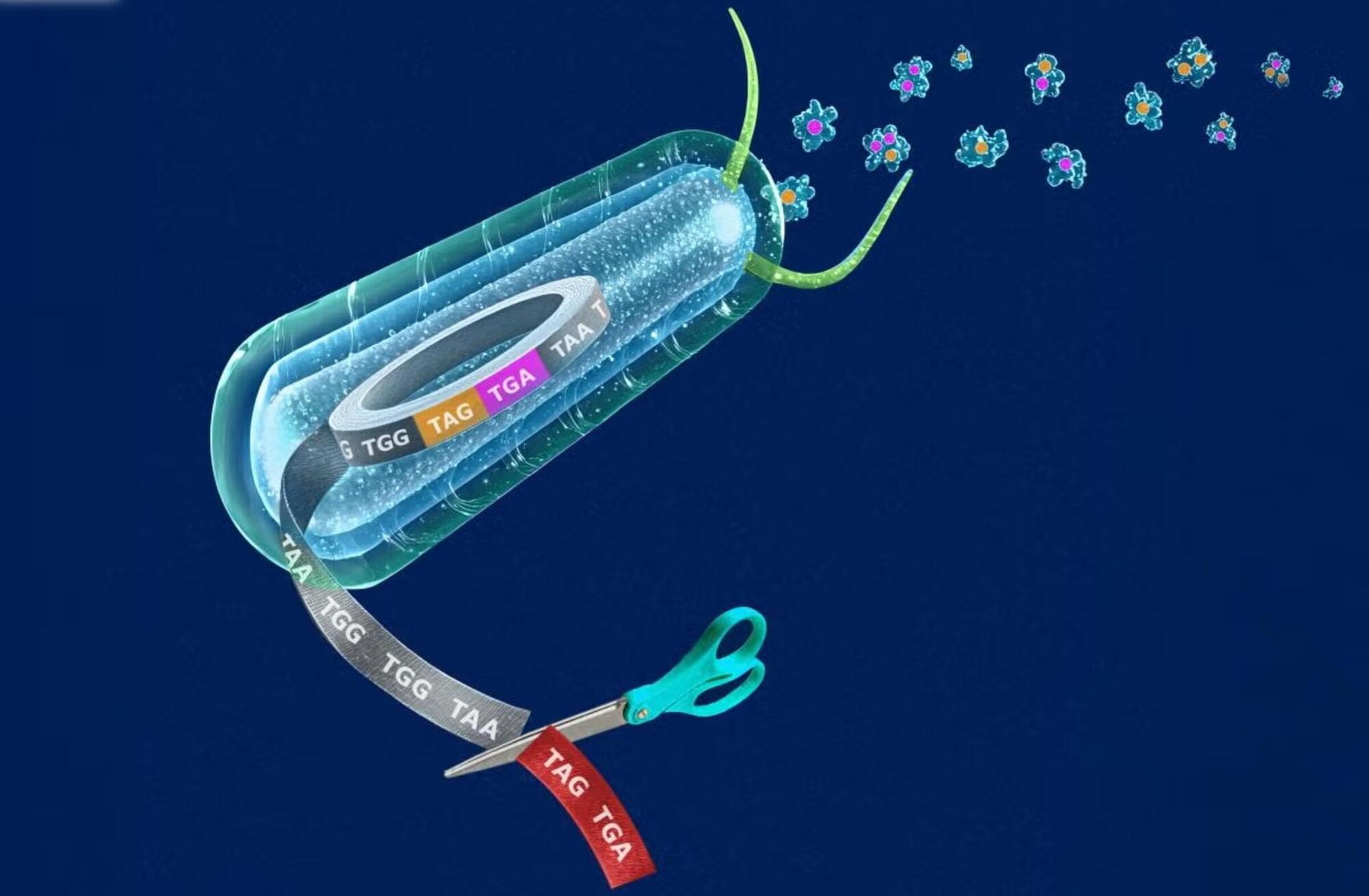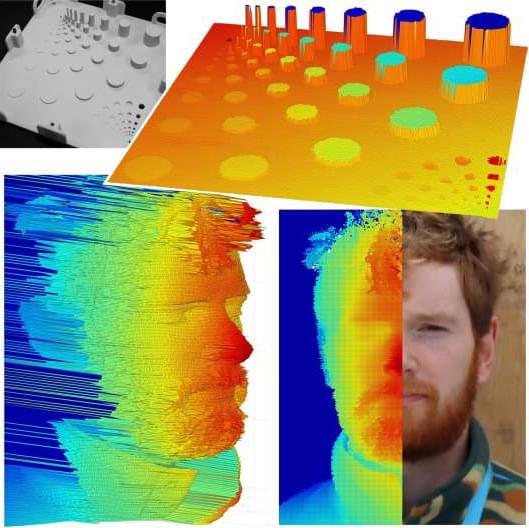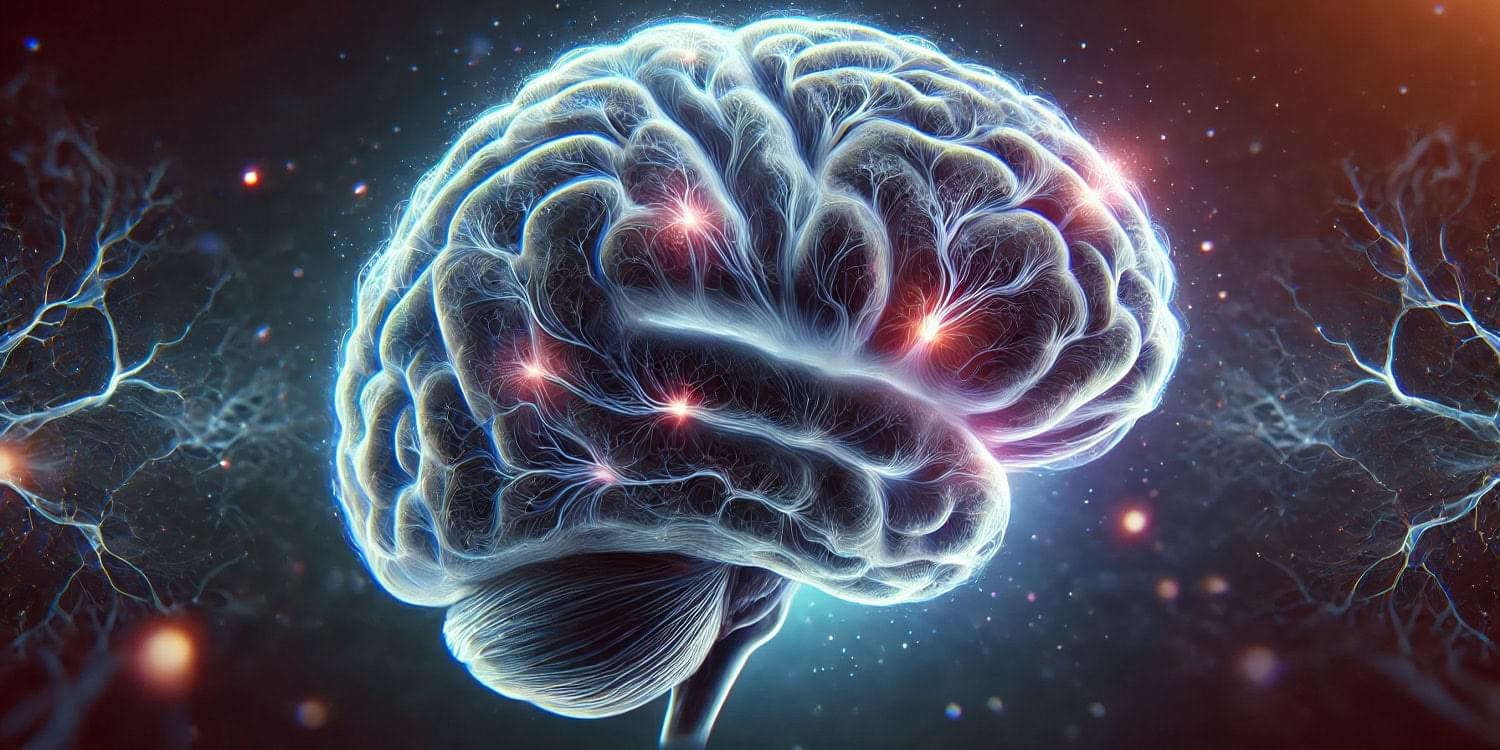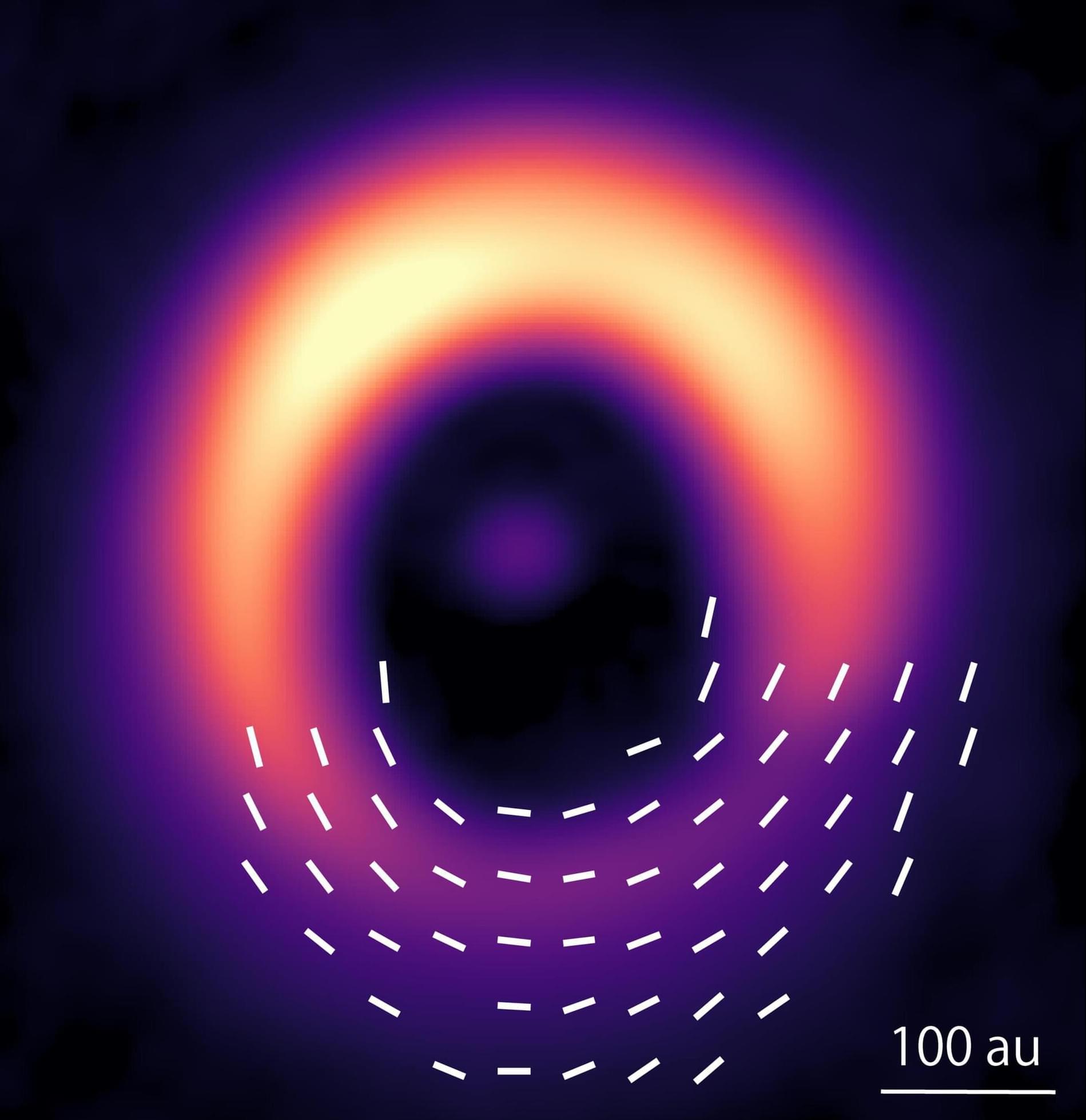A 2020 assessment of IKN by the National Planning and Development Agency highlighted the risks, citing data including the abundance of disease-carrying mosquitoes. At least two construction workers caught malaria in 2022 while at the site, according to the Ministry of Health. Last year, 54 cases were reported there, but the ministry claimed the patients were infected elsewhere. Although the construction authority has taken some control measures, such as handing out mosquito nets to workers, it’s not well-equipped for the job, says Mirza Buana, a legal scholar at Lambung Mangkurat University in South Kalimantan: “It has all the authorities but no capabilities.” The agency has shifted most of the tasks—such as vector control and screening workers entering or leaving IKN—to district health officials, who have struggled to keep up.
Surendra is particularly worried about the potential spread of P. knowlesi, a parasite first discovered in the 1930s. It emerged as a public health threat in the early 2000s, in areas in the Malaysian part of Borneo where forests were cleared for oil palm plantations. It has since been identified in many Southeast Asian countries.
P. knowlesi primarily infects long-tailed macaques, highly adaptable monkeys that thrive at the forest edge, and is spread by forest-dwelling Anopheles mosquitoes that occasionally bite humans as well. People working in or near the forest, including hunters and loggers, are at the highest risk. Because it has an animal reservoir, the disease is impossible to eliminate completely. Mosquitoes don’t transmit P. knowlesi between people—or very poorly—but some scientists worry that could change.

